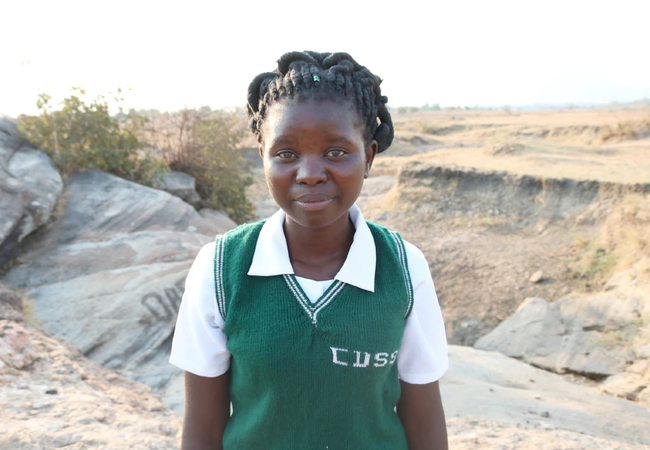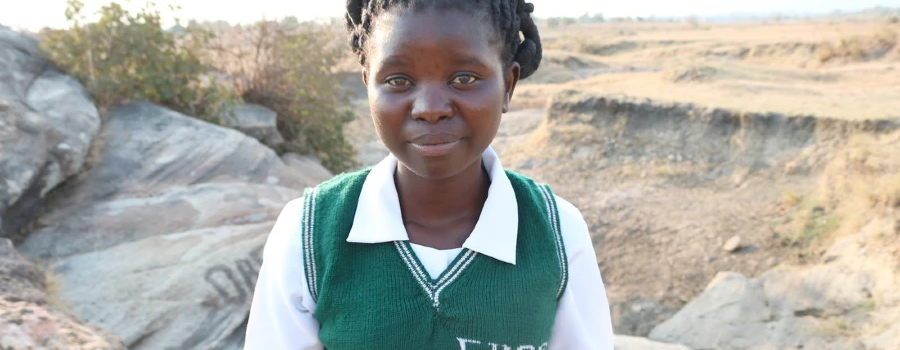- Stories of Climate Change
- Explore the work of Oxfam
- Looking beyond the single story
- Global Food Challenge
- The Human Impact of Climate Change
- Stand with Refugees
- Making Sense of the Climate Emergency
- New Year's Resolutions
- International Women's Day
- Children's Rights
- Go Bananas: Discover where food comes from
- Climate challenge
- COVID-19 responses around the world
- Raising Her Voice
- Talking about Ukraine in school?
- Sustainable Fashion - A Guide for Teachers
- The World Cup - A Fair Game?
- Talking about Israel and Palestine in school?
the people who have contributed the least to the climate emergency are suffering most. Photo: Watipaso Kaliwo/Oxfam


Stories of Climate Change
Climate change isn't a looming crisis — it's a destructive force affecting millions of lives right now. And the people who have contributed the least to the climate emergency are suffering most.
Life is already a struggle for poor communities. But the climate crisis is making things so much harder. Droughts and floods are becoming increasingly frequent, while growing seasons for crops are more and more unpredictable. It means millions of people are going hungry.
People living in poverty are more vulnerable to the effects of climate change for many reasons. They're often forced to live in makeshift homes, on land prone to flooding, storms and landslides. Making a living is hard – so few will have insurance or savings to fall back on in an emergency. And when disasters strike, poor diet, sanitation and health care mean that diseases spread rapidly.
These activities and real-life stories from Malawi support learners aged 9 to 14 to learn and think about the human impact of climate change.
- Use an agreement line to consider and discuss ideas and opinions about climate change (p.2).
- Use stories and role play to find out how some communities in Malawi are being affected by the climate crisis (p.3).
- Play a vulnerability game to understand that climate change doesn’t affect everyone equally and poor communities are impacted the most (p.4).
- Make a wristband to show solidarity with those most impacted by the climate emergency (p.5).